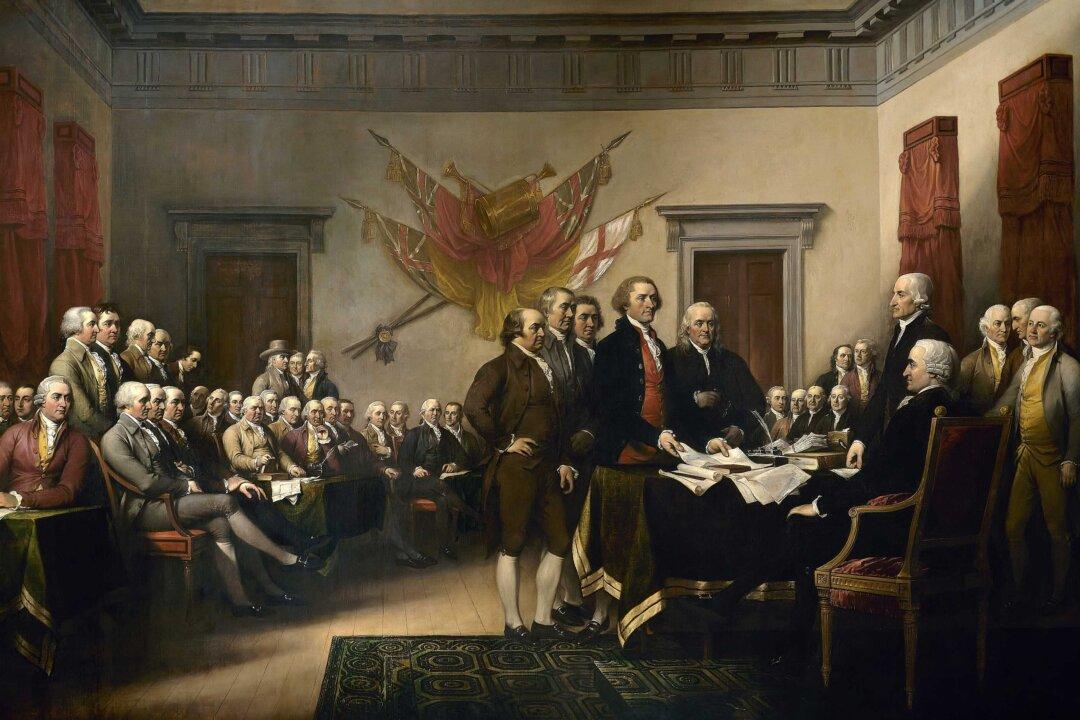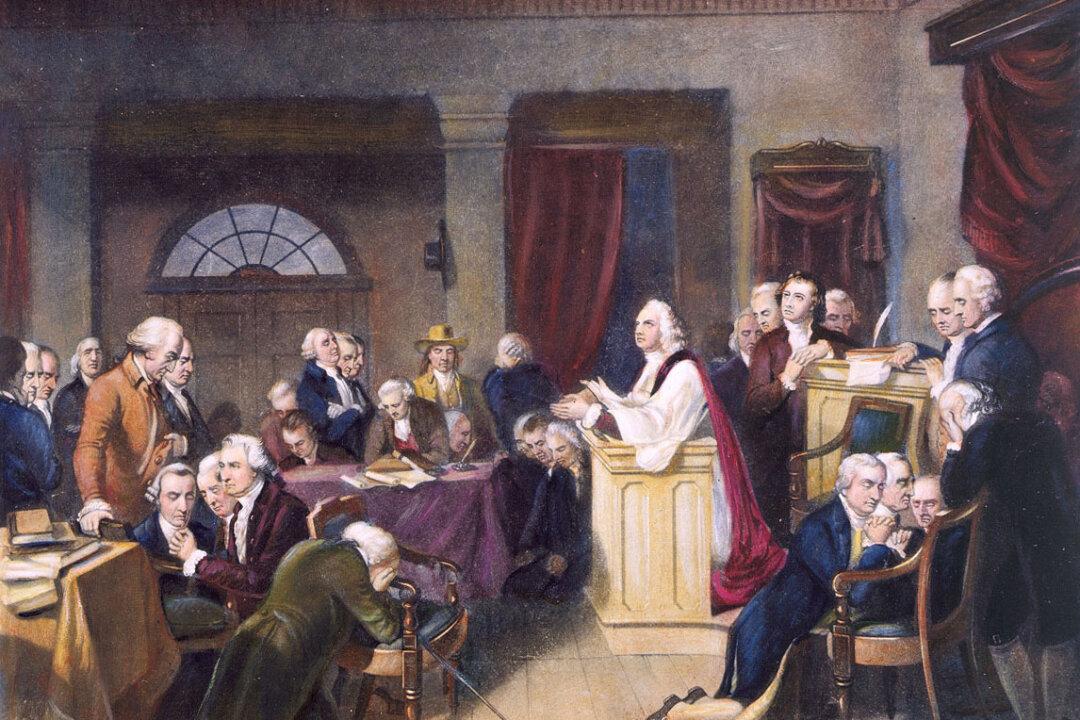The summer of 1885 was a scorcher, but that wasn’t the hot topic in America that year. On June 16, a national hero battling terminal cancer retreated to a small cottage in the cooler mountains of upstate New York in a valiant effort to finish his long awaited memoirs.
The famous Civil War general had spurned offers to write his memoirs for years, but circumstances had changed. In 1884, the same year his cancer was diagnosed, a Wall Street investment fund co-owned by his son Buck went bankrupt. Managing partner Ferdinand Ward was exposed for running a Ponzi scheme costing investors millions, which ruined the family finances of Ulysses S. Grant.
Confronted with the shame of bankruptcy and facing a slow and painful death, the dreaded thought of leaving his family penniless finally convinced him to write his life’s story.
New York newspapers reported daily on the exalted ex-president’s personal health battle as an anxious nation stood transfixed. The big question in mid-summer 1885 was, would the national hero known as “Unconditional Surrender” have enough time to finish his life’s story before cancer wrote his epilogue?






